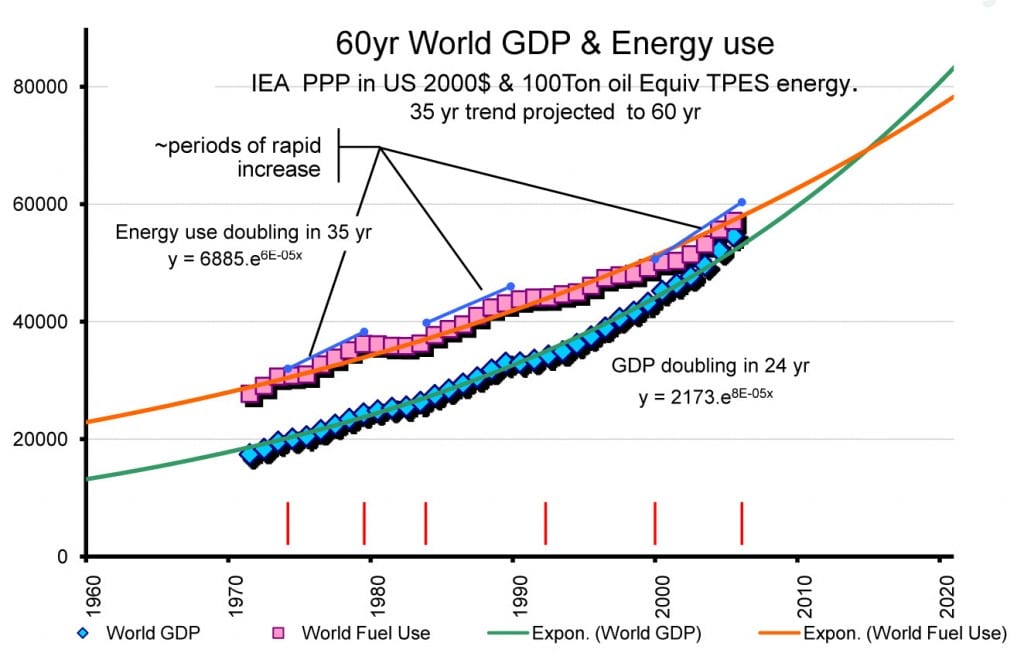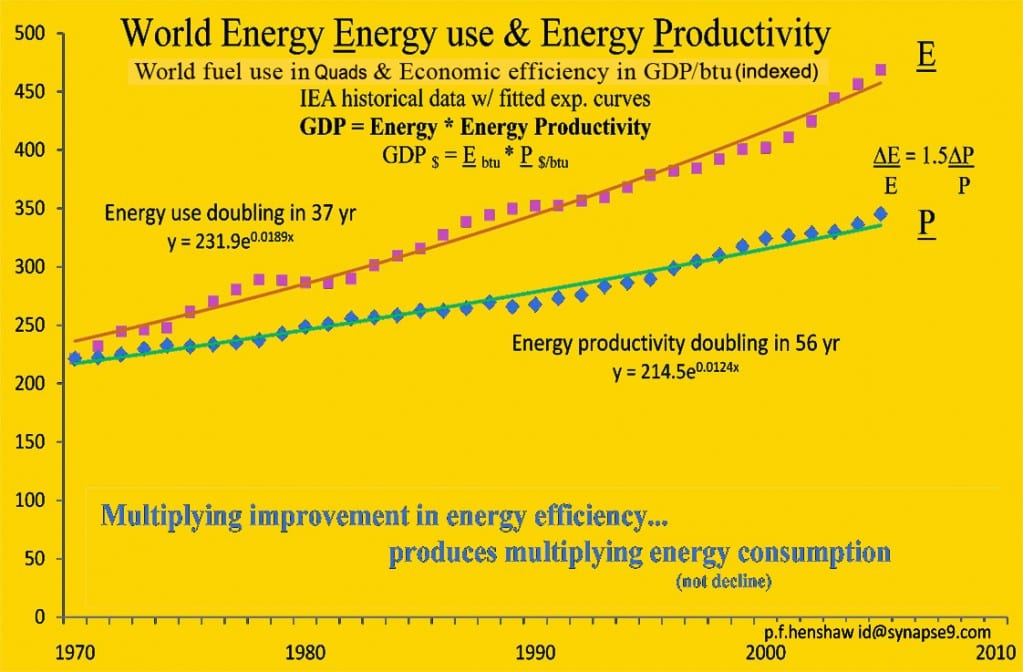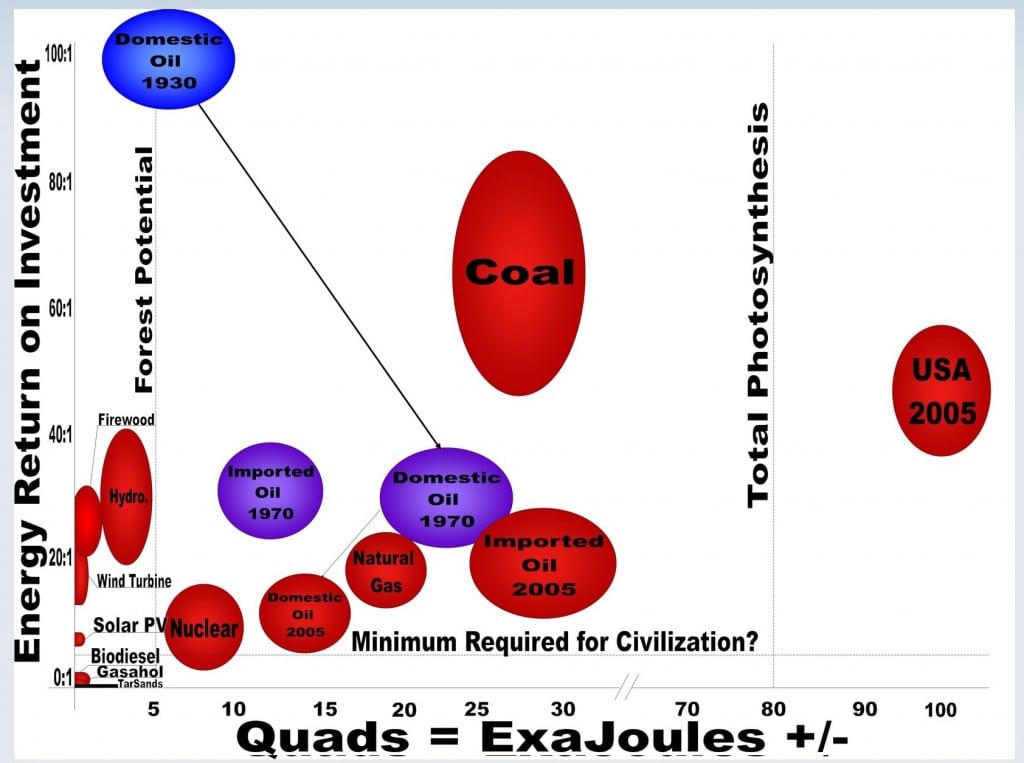For much of last year, one of the questions I researched in detail was What will Higher Education look like in a 2050 -80% +2c 450ppm world? My research began with a personal interest in Peak Oil and from there led me to look at climate change and the social and economic impacts of these related subjects. The focus of my research was initially an application for a research grant. You can read the application and the judges comments, which were very favourable but ultimately didn’t secure the grant because it was outside the remit of the programme of funding. Oh well. For months after that, I tried to understand the implications of a future where energy production doesn’t meet demand and the impacts of climate change become more apparent and wrote about it regularly under the tag ‘resilient education‘. Ultimately, my research led me to be quite pessimistic about our ability and willingness to deal with the projected problems. If you read my blog posts, you’ll see that there are really deep structural issues that need to be faced, in particular around the relatively recent obsession with economic growth. I say recent, but the underlying logic of capitalism has always been concerned with the accumulation of surplus value in the form of money, something Marx identified in the 19th century, but it’s only in the last 50 years or so that the idea of ‘economic growth’ has been an explicit political priority.
Anyway, the news over the last week or so has reminded me that the government and mainstream media are literally years behind acting on the research available to them. I was encouraged to read that the UK government seems to be acknowledging Peak Oil and is working with an industry group to model the impact on the UK economy if the price of oil rises to $250/barrel in 2014 (it’s currently around $115). This new relationship might have been forged due to the excellent report that the group produced last year, showing the likelihood of an ‘oil crunch’ in the middle of this decade, or it might have been because the International Energy Agency finally admitted that Peak Oil had actually occurred (in terms of crude oil – not total liquid fuels) in 2006. Energy analysts already knew this – you only had to look at the trend in crude oil production to get an idea – but with the IEA now using the term ‘peak oil’, the issue is bound to get more coverage.
Other news in the last week confirms the problems we face with climate change, too. Again, it takes the IEA to speak out before it gets any real coverage, but thankfully they’ve highlighted the the very tight correlation between economic growth (GDP) and rising emissions, saying that “it is becoming extremely challenging to remain below 2 degrees. The prospect is getting bleaker. That is what the numbers say.”
Finally, Larry Elliot, the Economics Editor for the Guardian wrote a column yesterday, which ties everything up together reasonably well. Energy, the economy and emissions are all inextricably linked and point to a ‘triple crunch’ that is yet to fully impact on the UK. I’m pleased to see this kind of reporting in the mainstream media but what’s really frustrating is that it only took me a few months of research to figure this out. The message has been clear for a number of years now and the public discussion is a decade overdue. There is a substantial body of research which I identify in my blog posts, that points to an oil crisis this decade (not what we’re seeing at the moment, but a real crisis where liquid fuel production falls over a number of years), which shows that the -80% emissions target is all but impossible and that when global net energy production falls, so does GDP.
As I’ve said before, this all has significant immediate and long-term social and political implications, including the effects it could have on the provision of higher education. It’s time that a co-ordinated effort was made by the sector to examine these issues in detail, involving academics from across disciplines as well as business continuity managers and VCs. We really do need to start ‘thinking the unthinkable‘…








